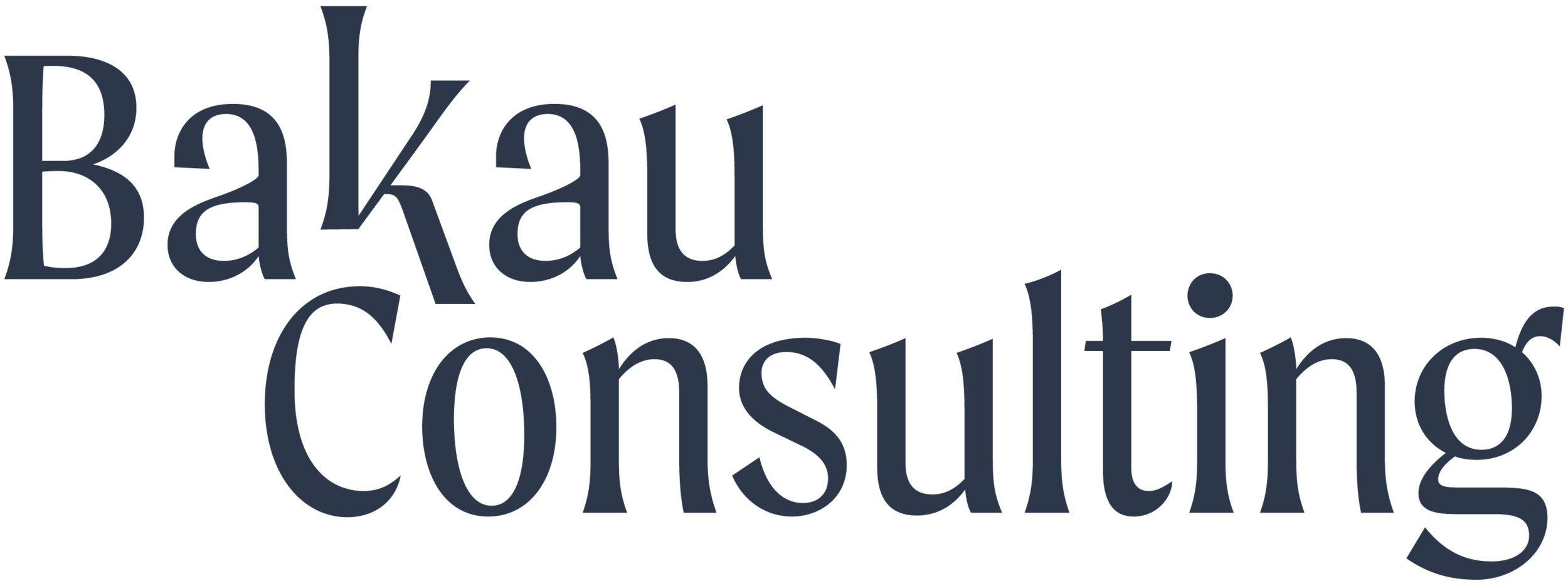It’s Not Me (a DEI Consultant), It’s You (White People)
By Cicely Belle Blain
I went low-key viral on TikTok this week. As a needy Millennial, I’m ecstatic. My video was a tongue-in-cheek 15-second representation of the racial code-switching, neurodivergent-masking, exhausting performance I put on every day to show up on Zoom and educate strangers about racism.
There was an outpouring of support and gratitude for my work which gave me the dopamine I needed to log into Zoom for the 600th time (not an exaggeration). There were a couple of trolls, and then there was one comment that I can’t get off my mind.
“I don’t like your PowerPoint slides because they remind me of the anti-racism infographics that went viral on Instagram last summer.”
While I truly believe in the power of social media to mobilize, the short, bitesize graphics on “how to be an ally” or “what are microaggressions?” became a sea of colours, sponsored by Canva. Many were helpful - we even posted our own - but very quickly, it became impossible to tell fact from fiction, good intentions from bad, organic from sponsored, Black-owned from not.
Did the mass proliferation of these images desensitize white people to the harsh realities of racism and perpetuate the myth that allyship is simple? Did these colourful squares delegitimize the hard work of anti-racism consultants who spend hours (years) creating content?
I have been doing this work in official and unofficial ways for close to a decade. Should I be annoyed by the comments of a teenager on the internet? No. But do I feel a similar feeling to when I see someone appropriating Black culture? Yes. My work and the work of so many Black femmes are the blueprint for those over-simplified images and performative solidarity statements. In this case, the chicken definitely came before the egg - and we are the mother hens.
So, that brings me to anti-racism education itself. There has been a lot of talk over the past year (also known as the year white people woke up to the realities of racism) about the efficacy of anti-racism education. As a diversity, equity and inclusion (DEI) consultant and educator, these conversations have touched a nerve. At first, they grated up against my pride and activated a sense of defensiveness within me. When you’ve built an entire career around this work, and it’s suddenly deemed pointless and ineffective - that’s a pretty terrifying thing to sit with.
Much of the critique is valid and true:
A lot of DEI training centres white comfort.
DEI training tries to break down huge concepts around systemic oppression into bitesize “lunch and learns” (hint: if you have a slice of pizza in your hand, it’s unlikely you’re feeling the discomfort necessary to recognize your complicity in white supremacy).
Training alone does not destabilize the status quo or radically disrupt systemic oppression.
DEI consulting is becoming an industrial complex (defined as a socioeconomic concept wherein businesses become entwined in social or political systems or institutions, creating or bolstering a profit economy from these systems).
People of colour forced to sit through a workshop where white people become awakened to (or worse, dismissive of) the realities of racism can feel frustrated and even re-traumatized.
Companies and organizations often use their DEI initiatives for clout or to cover up a toxic environment or problematic incident.
When organizations make DEI initiatives optional or siloed, the important work doesn’t reach those who need to learn the most or are causing the most harm.
DEI initiatives are often housed in HR departments, and many people of colour know too well that HR may place the company’s interests above their safety.
So, like any good therapy-goer, I tried to get to the bottom of my frustration and understand the root cause of my initial defensiveness.
I realized that I was feeling activated because when someone questions my work, they aren’t just questioning what I do from 9-5; they are questioning my entire existence as a Black, queer, non-binary femme. While, of course, I am fortunate enough to be in a position where I am compensated for my work, I am still extracting my own pain and trauma to educate those with more privilege on how they can (at the bare minimum) be better allies towards people like myself. While I consensually engage in this work, it is still riddled with epistemic exploitation, defined by Nora Berenstein as “when privileged persons compel marginalized persons to educate them about the nature of their oppression.”
I often wondered why I am so exhausted after only 2 or 3 hours of anti-racism education - Zoom fatigue aside. In a former life, I could stand all day, teaching children about poetry or art and feel positively rejuvenated - so the act of educating is not inherently tiring. All this is to say - I would not do this work if I didn’t believe it had some purpose.
This leads me to reckon with the list above - am I complicit in the perseverance of an industrial complex? Does my work cause harm to fellow people of colour?
While I am tasked with answering these questions for myself, I can’t help but wonder why I - someone who is both the target of and aiming to provide a solution to racism - am the one reflecting on this. As I continue to encourage my clients to make this work meaningful (going beyond training, redistributing power, removing racist leaders, ensuring pay equity, dismantling systemic barriers and so on), I turn one question back to the critical and curious:
Is it not a perseverance of white supremacy that we question PoC-led anti-racism training rather than questioning the inability of white people to listen, learn and change?

